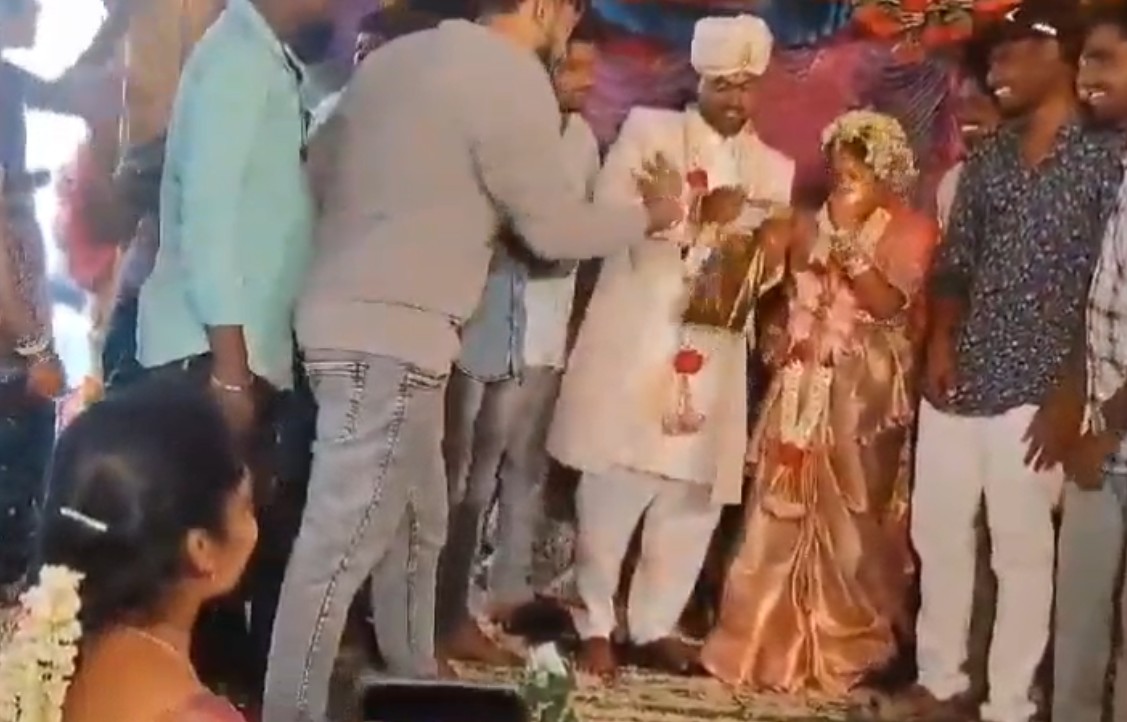NEW DELHI: Opposition leader Sonia Gandhi's letter to the Prime Minister Narendra Modi nudging him to take advantage of his government's majority in parliament to give more power to women has drawn jeers from the BJP. Instead of PM Modi, the party said, the Congress president should have directed her appeal at her two allies, Rashtriya Janata Dal's Lalu Yadav and Samajwadi Party's Mulayam Singh Yadav.
"Rather than writing to the Prime Minister, Sonia Gandhi ought to have written or spoken to her alliance partners like Lalu Prasad and Mulayam Singh Yadav to find out why did they block the Women's Reservation Bill when the UPA was in power," BJP spokesperson G V L Narasimha Rao said, according to news agency Press Trust of India.
On one occasion, then Prime Minister Manmohan Singh and the Congress president had also tried to persuade them to back down. The Congress eventually pushed the quota bill out of sight to buy peace with the two Yadavs, whose support the UPA government needed in parliament.
The Yadavs from Bihar and Uttar Pradesh have controlled the fate of the bill since 1996 when it was first introduced. But they were not the only ones against the bill. So were the Bahujan Samaj Party led by Mayawati and the Janata Dal (United) led by Sharad Yadav.
The NDA government has not set a timeline to bring the quota bill to parliament. For three years, it has been telling parliament that "the issue involved needs careful consideration on the basis of consensus among all political parties before a bill for amendment in the Constitution is brought before parliament".
"Rather than writing to the Prime Minister, Sonia Gandhi ought to have written or spoken to her alliance partners like Lalu Prasad and Mulayam Singh Yadav to find out why did they block the Women's Reservation Bill when the UPA was in power," BJP spokesperson G V L Narasimha Rao said, according to news agency Press Trust of India.
On one occasion, then Prime Minister Manmohan Singh and the Congress president had also tried to persuade them to back down. The Congress eventually pushed the quota bill out of sight to buy peace with the two Yadavs, whose support the UPA government needed in parliament.
Advertisement
The Yadavs from Bihar and Uttar Pradesh have controlled the fate of the bill since 1996 when it was first introduced. But they were not the only ones against the bill. So were the Bahujan Samaj Party led by Mayawati and the Janata Dal (United) led by Sharad Yadav.
Advertisement
The NDA government has not set a timeline to bring the quota bill to parliament. For three years, it has been telling parliament that "the issue involved needs careful consideration on the basis of consensus among all political parties before a bill for amendment in the Constitution is brought before parliament".
COMMENTS
Advertisement
"Era Of Cooperation, Not Conflict": PM Says Democracy, Not Expansionism Is The Way PM Modi Bestowed Dominica's Highest National Honour, Praised For Safeguarding Lives During COVID At G20 Summit, PM Modi Calls For Efforts Towards A More Sustainable Future Amazon Employee Greets Friend At Wedding, Dies Of Cardiac Arrest This Asian City Is Emerging As Sex Tourism Hub. It's Not Where You Think Russia's Firing Of ICBM On Ukraine Is Weapon's 1st Combat Use In History After Bibles And Watches, Trump Is Selling Autographed Guitars For $10,000 Never-Seen-Before Image Of Dying Star On Verge Of Supernova Captured PM Modi: Culture, Cuisine, Cricket Strengthen India-Guyana Ties Track Latest News Live on NDTV.com and get news updates from India and around the world.

